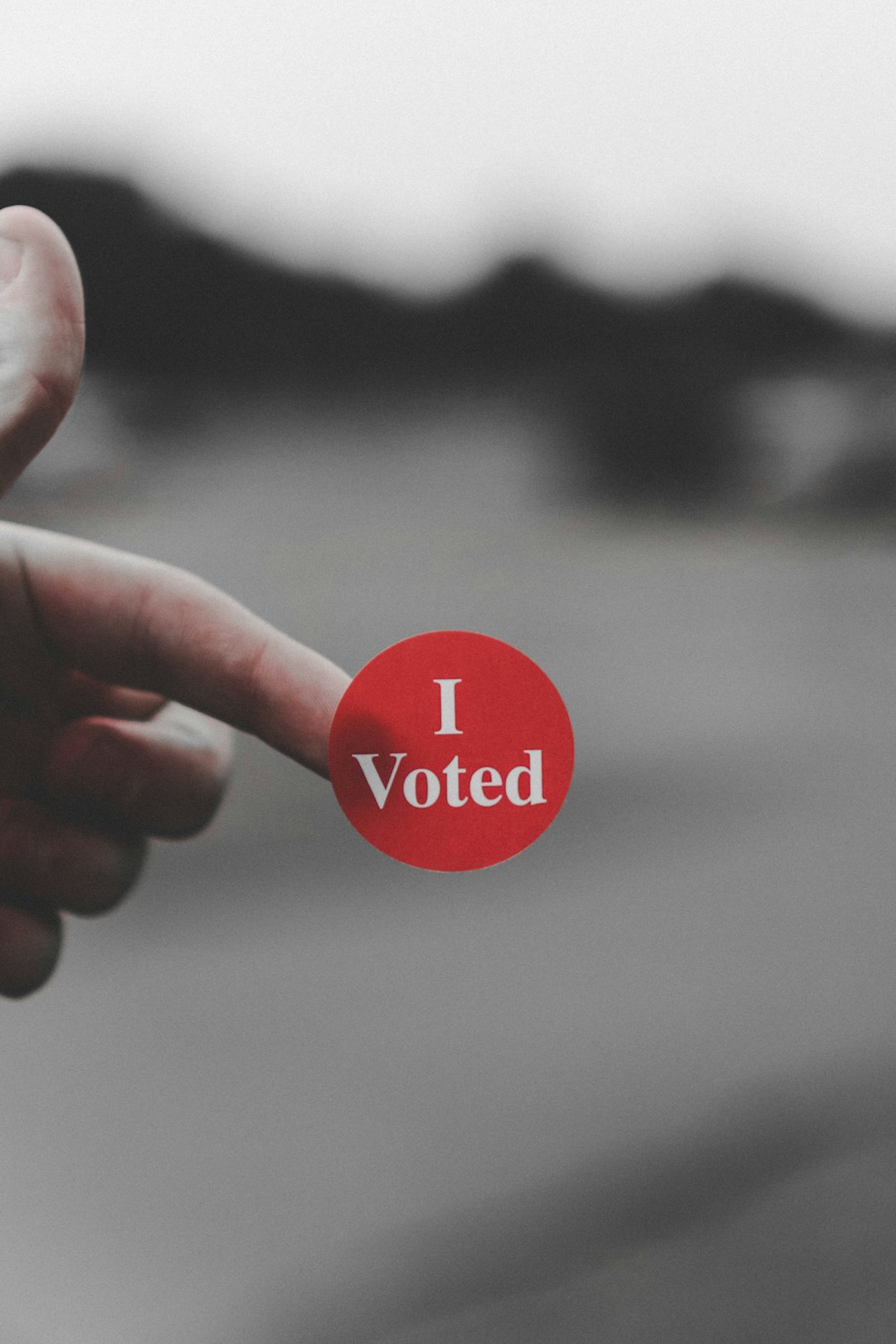
The Quota System: A Recipe for Social Deprivation
The quota system, often implemented in various sectors such as education, employment, and resource allocation, has long been a topic of debate. While it aims to promote diversity and inclusion, it can inadvertently lead to social deprivation. This article delves into the implications of the quota system, examining its effects, current developments, and practical applications, all while providing insights into the dynamics of social equity.
Understanding the Quota System
A quota system establishes specific numerical limits on the participation of certain groups within a larger population. This approach is commonly seen in affirmative action policies, where institutions set aside a percentage of opportunities for underrepresented communities. Although the intention is to level the playing field, critics argue that quotas can perpetuate social deprivation by fostering dependency and undermining meritocracy.
The Paradox of Inclusion
The quota system presents a paradox: while it aims to increase representation, it can also lead to a perception of inferiority among those who benefit from such policies. Individuals may feel that their achievements are not solely their own, but rather a product of a quota. This can create a cycle of dependency, where beneficiaries rely on quotas rather than developing their skills and capabilities.
Current Developments in Quota Policies
In recent years, various countries have re-evaluated their quota systems in light of changing social dynamics. For example, nations like India and Brazil have implemented quotas in education and public employment, leading to significant debates over their effectiveness. Critics argue that these policies may not always translate to actual improvements in socio-economic conditions for marginalized groups, raising questions about the true essence of equity.
Case Study: The Indian Reservation System
India’s reservation system, which allocates a percentage of seats in educational institutions and government jobs for Scheduled Castes, Scheduled Tribes, and Other Backward Classes, is a prime example of the quota system’s complexities. While it has undeniably increased access for many, it has also led to a growing divide within communities, as some groups feel marginalized by those benefiting from the quotas. This has sparked discussions on the need for a more nuanced approach to social equity.
Emerging Trends and Practical Applications
The conversation around the quota system is evolving. Many organizations are now focusing on holistic approaches to diversity and inclusion, moving beyond rigid quotas to strategies that foster genuine representation. This includes mentorship programs, scholarships, and outreach initiatives designed to empower underrepresented individuals without undermining their accomplishments.
Expert Opinions
Experts in social policy emphasize the importance of context when discussing quotas. Dr. Anjali Sharma, a social equity researcher, states, “Quotas can be a double-edged sword. While they can open doors, we must ensure they do not become crutches that inhibit personal growth and development.” This highlights the need for balance in implementing such policies.
The Impact of Quotas on Meritocracy
One of the most contentious points in the debate over the quota system is its impact on meritocracy. Critics argue that quotas can dilute the quality of outcomes by prioritizing demographic criteria over merit. This can lead to a cycle of social deprivation, where both beneficiaries and non-beneficiaries question the validity of achievements within a quota-driven environment.
Addressing the Meritocracy Concern
To address these challenges, some advocates suggest implementing a hybrid model that combines merit-based assessments with diversity considerations. This approach can ensure that individuals are not only given opportunities but are also equipped with the means to excel within those opportunities.
Further Reading and Resources
To gain more insights into the implications of the quota system, consider exploring the following resources:
- The Impact of Affirmative Action on Society
- Understanding Reservation Policies in India
- Bridging the Gap: Alternative Approaches to Diversity
Conclusion
The quota system is a complex and multifaceted issue that warrants careful consideration and dialogue. While it has the potential to foster diversity and inclusion, it is crucial to recognize its limitations and unintended consequences. By exploring alternative approaches and fostering genuine empowerment, society can work towards a more equitable future without succumbing to the pitfalls of social deprivation.
For those interested in ongoing discussions around this topic, subscribing to relevant newsletters or engaging with online forums can be beneficial. Share your thoughts and experiences, and contribute to a broader conversation about social equity and the implications of the quota system.


